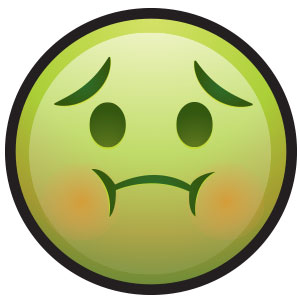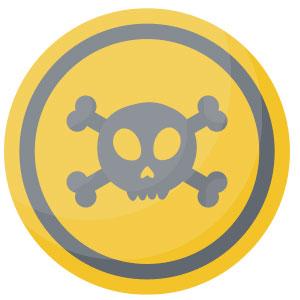Scroll through your social media feed, and you’ll likely see influencers promoting pills and powders they claim will help you build muscle, sleep better, or lose weight. Those pills and powders are known as dietary supplements. While many supplements are advertised as containing important vitamins and minerals and being super-good for you, think twice before adding them to your diet. Most supplements are a big waste of your money, and some are even dangerous to your health. Read on to learn more.


